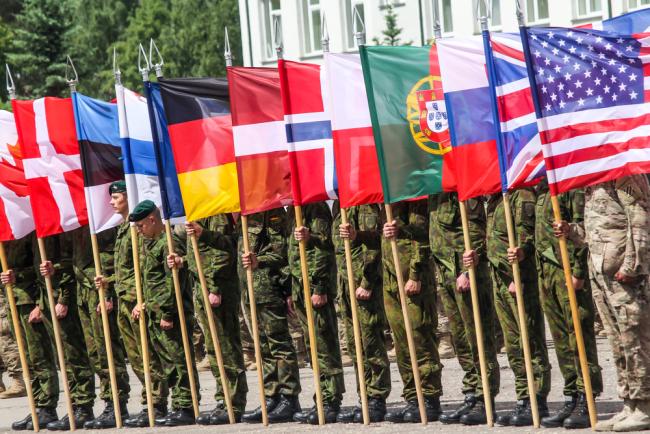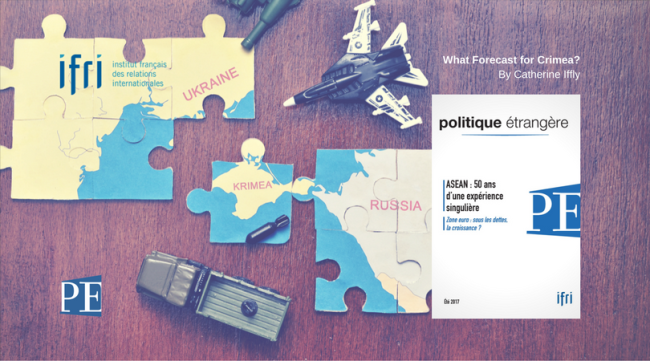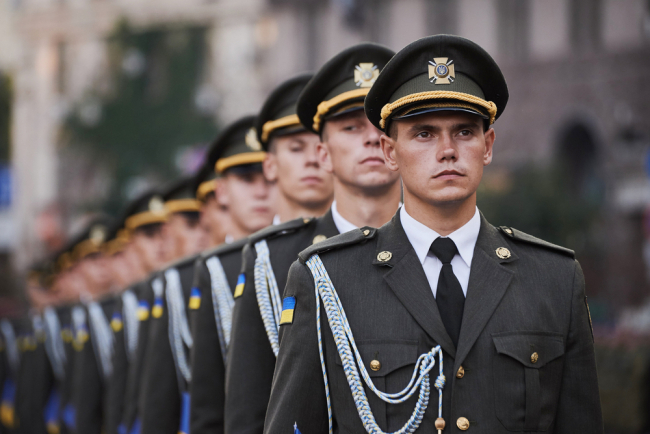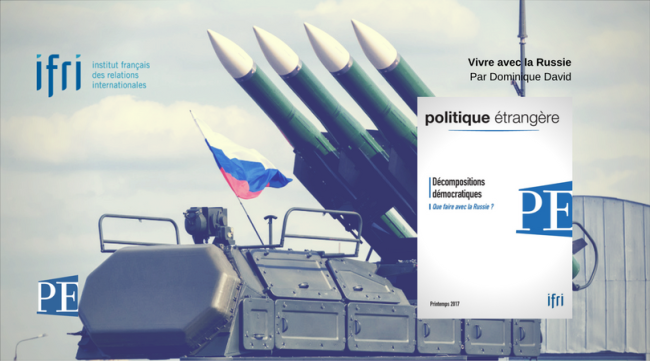Russia-Eurasia
Eurasia is undergoing profound changes. While the Soviet past has left a lasting imprint, Russia and the countries of Eastern Europe, Central Asia and the South Caucasus have their own trajectory.
Related Subjects
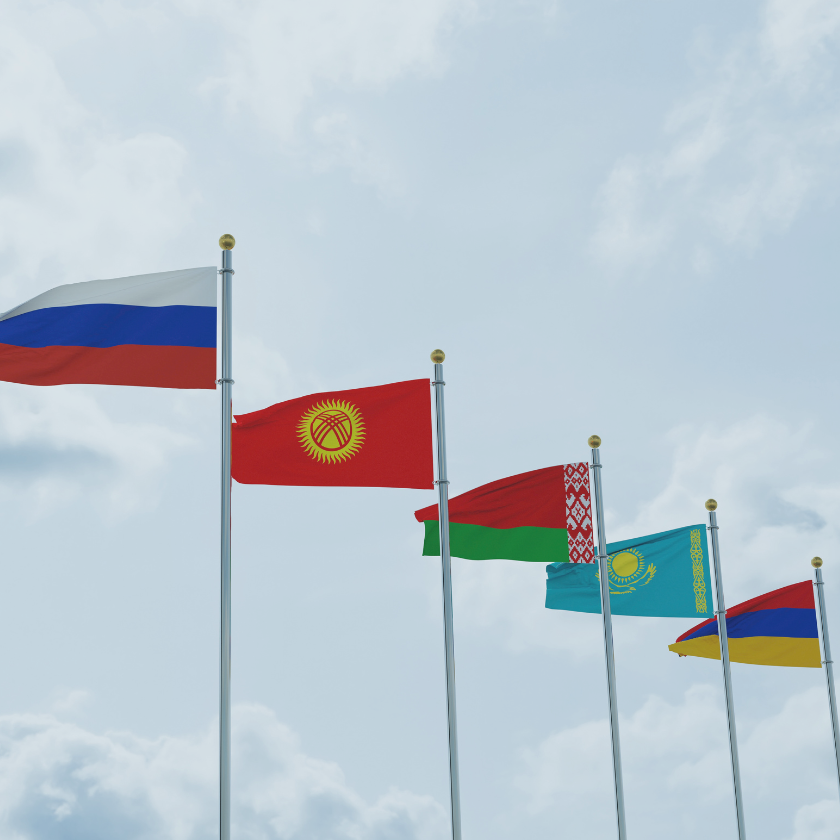
Europe-Russia: Balance of Power Review
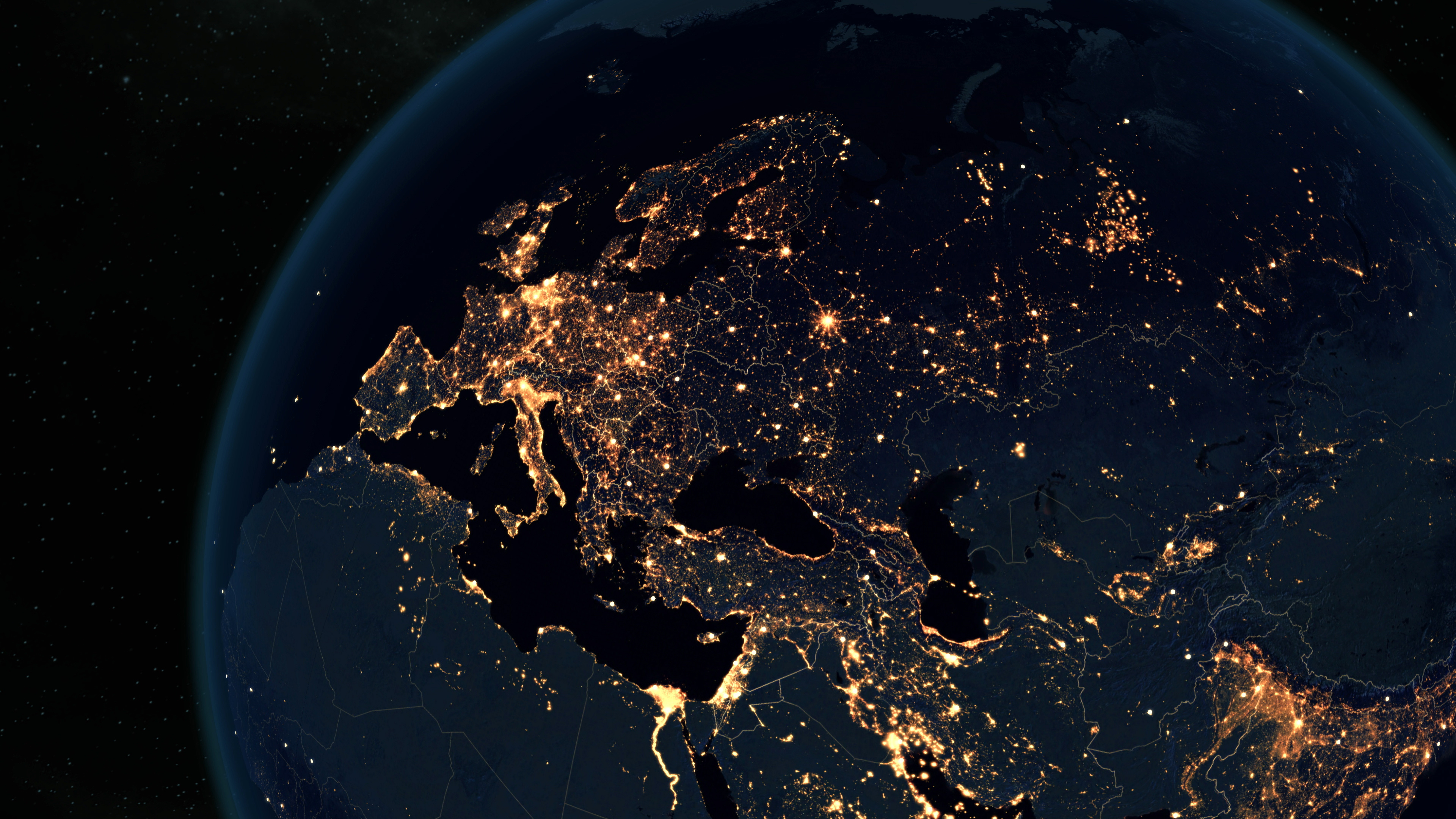
European countries can no longer avoid the "Russian question," as Russia has chosen war. They have the necessary potential—that is, the economic means, military capabilities, and technological expertise—to face Russia by 2030, provided they demonstrate the political will to do so.
Tailored Assurance: Balancing Deterrence and Disarmament in Responding to NATO-Russia Tension
The 2018 Nuclear Posture Review (NPR) called for tailoring assurance across America’s allies, including NATO, as part of an overall deterrence and assurance strategy.

Rival public diplomacies in the Ukrainian crisis : RT and Ukraine Today
The Ukrainian crisis has brought to light the key role played by new international networks as instruments of public diplomacy in time of war. Focusing on RT and Ukraine Today in the asymmetrical conflict between Russia and Ukraine, this article analyzes the operation and strategies of diffusion of these two media, and inquires into their antagonistic narratives and political rationales. This case study focuses on this conflict’s two dimensions of storytelling and news that several actors and observers have described as a “war of information”.

Anatomy of the Russian cultural diplomacy in the post-Soviet era
The article discusses Russia’s cultural diplomacy understandings in the post-Soviet era, as implemented since the mid-2000’s.

Nordic Countries in the Face of Russian Action in the Baltic and Kaliningrad
Nordic countries share the same perception, that Russia does not pose an immediate threat but that its actions nevertheless remain worrying.
Minsk-Beijing: What Kind of Strategic Partnership?
Sino-Belarusian relations are characterized by a gap between the quality and depth of the countries’ political partnership on the one hand, and the more limited economic reality of bilateral cooperation on the other.
What Forecast for Crimea?
Since Russia’s annexation of Crimea in 2014, the peninsula’s demographics have changed. Thousands have left and new arrivals – Ukrainians fleeing conflict in the east of their country and Russians – have moved in.
Reforming Ukrainian Defense: No Shortage of Challenges
Ukraine’s conflict with Russia has highlighted the catastrophic state of Ukraine’s defense apparatus.
Living with Russia
Russia’s power comes, in part, from the West’s errors and illusions in the wake of the Cold War.
The NPT and the Origins of NATO’s Nuclear Sharing Arrangements
Russia has recently accused the United States and NATO Allies of violating the Treaty on the Non-Proliferation of Nuclear Weapons (NPT) by arguing that NATO's nuclear sharing arrangements are not permitted under the Treaty.

The Russian Informational and Digital Influence Strategy in Europe
The article discusses Russia’s informational and digital strategy towards Europe. It focuses on its content, instruments, infrastructures and techniques.
Support independent French research
Ifri, a foundation recognized as being of public utility, relies largely on private donors – companies and individuals – to guarantee its sustainability and intellectual independence. Through their funding, donors help maintain the Institute's position among the world's leading think tanks. By benefiting from an internationally recognized network and expertise, donors refine their understanding of geopolitical risk and its consequences on global politics and the economy. In 2025, Ifri supports more than 80 French and foreign companies and organizations.







